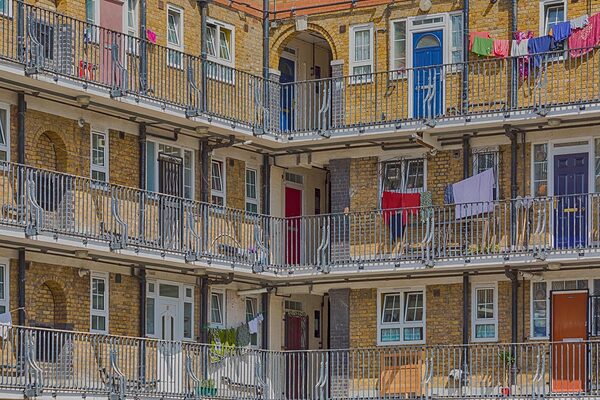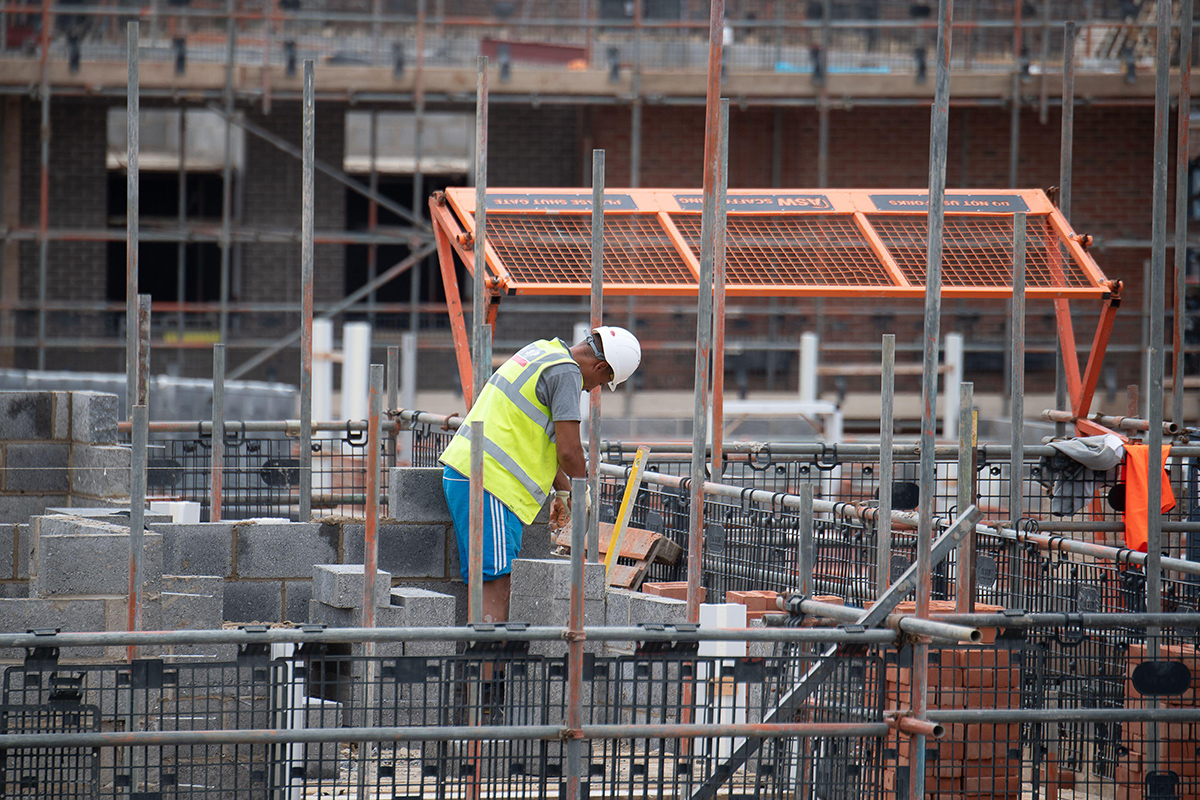Bailed-out landlord repays regulator after selling assets to London association
A landlord that was saved by the English regulator through a special £670,000 payment has been wound down after selling off its social housing assets.
Rapport Housing and Care was given the money by the Regulator of Social Housing (RSH) in 2022-23 to support its financial position so it could trade while a rescue was arranged.
The regulator told Inside Housing that the multimillion-pound figure has now been repaid, and Rapport has been wound down after selling its social housing assets to major London landlord Peabody.
Rapport had a care home that was handed back to a real estate investment trust, which then left a shell company with no assets, meaning it was wound down.
Rapport breached the regulator’s economic standards in 2023 after it was found to have short-term liquidity issues caused by a misunderstanding of its funding obligations.
Jonathan Walters, deputy chief executive of the RSH, explained: “They got themselves into difficulty a little while back. One of the reasons was because they leased a care home, which wasn’t social housing. They leased a care home from a real estate investment trust, which they were unable to operate effectively and that was draining money out.”
Rapport was set up in 1977 and managed 476 social homes. It also provided supported and extra-care housing, as well as operated care homes. It used to be the Abbeyfield Kent Society, but rebranded in 2017.
Mr Walters said: “This is not something we ordinarily do, but in this instance I think there was a logical case for giving them the funding to trade through the difficult period until the rescue was sorted out. There was a clear route to resolution and it was clear how the funding was going to protect tenants. It has now been repaid in full.”
Peabody declined to comment on the transaction with Rapport. However, its 2023-24 accounts showed the completed transfer included five extra-care schemes and had a total cost of around £22m.
The repayment was reported as part of the RSH’s annual report and accounts for 2023-24.
Mr Walter’s explained that the legislation has always allowed for the government to step in “exceptional circumstances” if needed.
Guidance on the regulator’s approach to intervention, enforcement and use of powers are set out under the Housing and Regeneration Act 2008, through which the RSH was established.
Under Section 95 (3), on financial assistance, it is explained how the RSH may exercise its power when providing financial assistance to a registered provider.
Those exceptional circumstances must advance one or more of the economic regulatory objectives set out in the act. The financial assistance can only then be given with the consent of the secretary of state, who in turn must have the Treasury’s approval.
Examples of an exceptional circumstance might be where tenants are in danger of losing their homes or their health and safety is at risk, or where temporary support protects existing public investment while a rescue plan is developed.
This is believed to be the second time the RSH has asked the housing department for funding to rescue a landlord since a West Hampstead-based provider in around 1998.
Sign up for our development and finance newsletter
Already have an account? Click here to manage your newsletters












